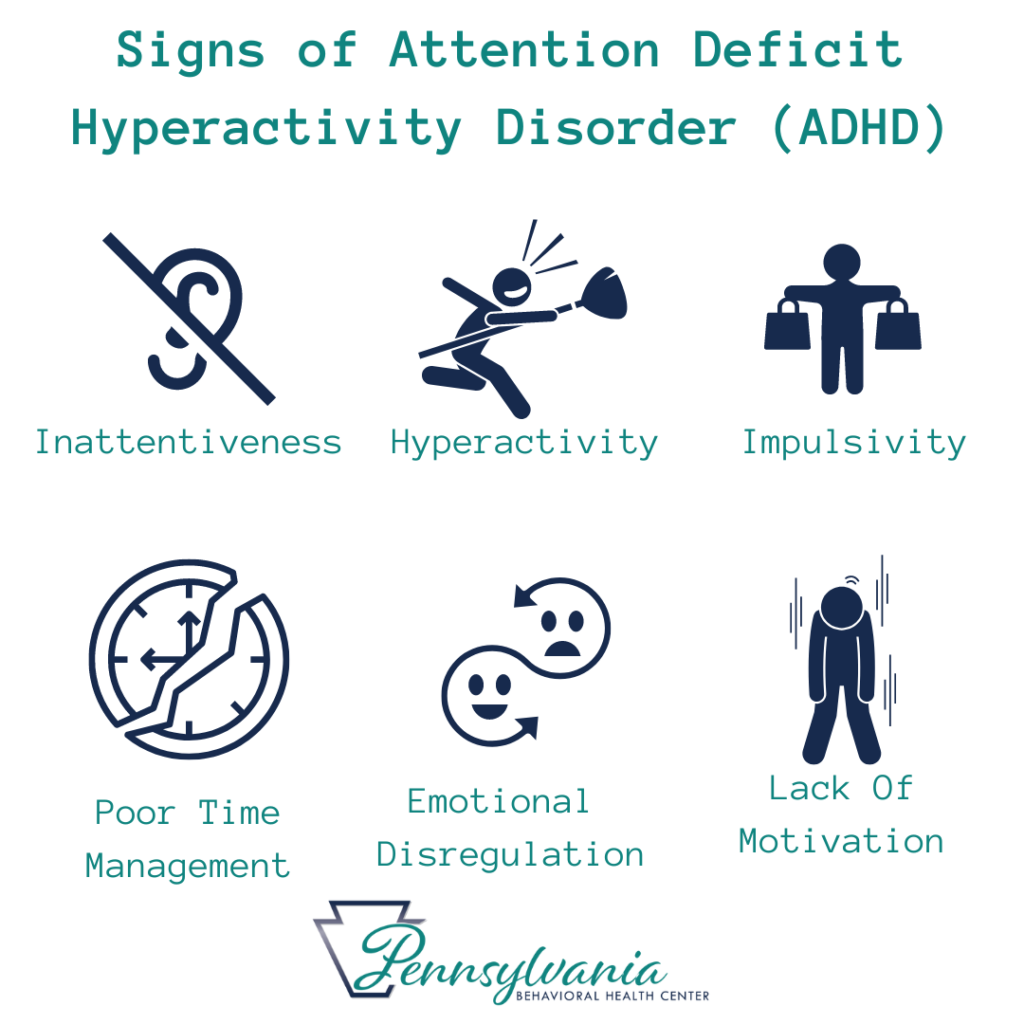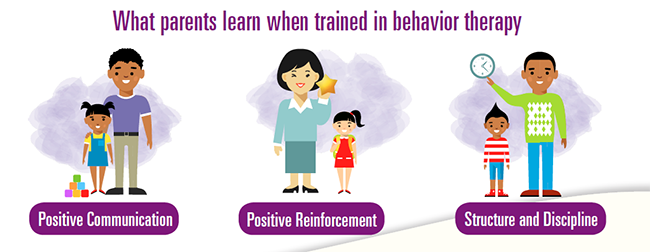Expert ADHD Treatment for Personalized Care
Expert ADHD Treatment for Personalized Care
Blog Article
Your Guide to Locating the Right ADHD Treatment for Lasting Outcomes
Browsing the intricacies of ADHD therapy requires a nuanced understanding of both the condition and the myriad choices readily available for effective management. It is essential to acknowledge that what jobs for one person might not necessarily produce the very same results for another.
Understanding ADHD and Its Effect

In grownups, ADHD can cause difficulties in work environment environments, affecting productivity, time monitoring, and social partnerships. Commonly, undiagnosed or incorrectly handled ADHD can contribute to co-occurring psychological wellness problems, such as stress and anxiety and depression, further complicating an individual's total wellness.
The societal perception of ADHD can differ, causing stigma and misunderstanding, which might hinder people from seeking aid. As recognition grows, it is important to foster a setting that promotes understanding and support for those influenced by ADHD, highlighting the need for exact diagnosis and customized methods to reduce its influence on daily life.
Overview of Therapy Options
A thorough technique to treating ADHD incorporates a variety of options customized to the person's unique requirements. These alternatives can extensively be classified into behavioral treatments, psychoeducation, and lifestyle alterations, alongside medicinal treatments that might be explored later.
Behavior interventions, such as cognitive-behavioral treatment (CBT), concentrate on customizing details habits and creating coping techniques to take care of symptoms successfully. Psychoeducation plays an essential function in encouraging both individuals and their households by giving information regarding ADHD, its obstacles, and effective methods for assistance.
Lifestyle adjustments can dramatically impact ADHD administration. Normal physical activity, a balanced diet regimen, and ample sleep add to general health and signs and symptom control. Mindfulness practices and relaxation methods can additionally boost emphasis and reduce impulsivity.
Support system and household treatment can cultivate a feeling of area and understanding, helping individuals feel less isolated in their experiences. Each treatment option ought to be thought about combined with the person's choices and conditions, making certain a holistic approach that promotes long-term success. Ultimately, the objective is to develop a personalized therapy strategy that resolves the details obstacles connected with ADHD while boosting general high quality of life.
Medicine: Benefits And Drawbacks
Medication plays a critical role in the therapy of ADHD, with countless alternatives offered that can substantially minimize signs and symptoms for several people. Stimulants, such as methylphenidate and amphetamines, are typically prescribed and have actually revealed effectiveness in enhancing emphasis, minimizing impulsivity, and improving overall actions. These medicines work by increasing dopamine and norepinephrine degrees in the brain, which are frequently dysregulated in those with ADHD.
However, using medicine is not without its challenges. Some people may experience adverse effects, consisting of sleeplessness, lowered cravings, or increased anxiousness. Additionally, locating the ideal dose can be an experimental process, requiring close tracking by healthcare specialists. Additionally, not all individuals respond to energizer drugs, leading some to check out non-stimulant choices, which may have a postponed onset of ADHD Doctor activity or various adverse effects.
It is necessary for people and their families to evaluate these pros and disadvantages carefully. Balancing the advantages of signs and symptom management against prospective adverse effects is crucial for achieving ideal therapy end results. Cooperation with doctor can promote enlightened choices, ensuring that medication belongs to a detailed ADHD monitoring strategy.
Behavior Treatment Techniques

One commonly utilized technique is Cognitive Behavior modification (CBT), which helps individuals determine and transform negative thought patterns that add to ADHD-related difficulties. Therapist for ADHD. Via CBT, customers learn to set reasonable goals, handle time properly, and develop organizational systems
Another effective method is Parent Administration Training (PMT), which informs moms and dads on just how to strengthen positive habits and minimize adverse ones through consistent discipline and communication techniques. This method promotes a helpful home atmosphere that motivates behavioral enhancements.
Social skills training is also essential, helping individuals with ADHD browse social communications better. Role-playing and modeling ideal actions can boost social skills and minimize stress and anxiety in social circumstances.
Lifestyle Changes for Better Management
Just how can way of life changes dramatically improve the management of ADHD signs and symptoms? Carrying out tactical way of living adjustments can lead to significant enhancements in emphasis, organization, and psychological policy for people with ADHD.
First of all, establishing an organized day-to-day routine aids in producing predictability, which can alleviate feelings of bewilder. Consistent timetables for meals, research study, and rest can improve day-to-day functioning.
Integrating regular exercise is additionally important, as workout has been shown to enhance dopamine levels, enhancing focus and motivation (Therapist for ADHD). Going for at the very least thirty minutes of moderate workout most days can be advantageous
Nourishment plays a pivotal function. A well balanced diet regimen rich in omega-3 fatty acids, entire grains, and healthy protein can sustain cognitive function. Limiting processed sugars and high levels of caffeine might reduce signs, as these can cause power collisions and irritability.
Final Thought
Finally, locating the right ADHD therapy demands a complex approach that thinks about private requirements and choices. A mix of drug, behavior modification, and lifestyle modifications can considerably improve sign management and general wellness. Engaging in psychoeducation and establishing structured routines even more supports efficient treatment techniques. Partnership with health care specialists and open interaction with assistance networks are vital components in browsing the intricacies of ADHD monitoring, ultimately leading to long lasting results and improved quality of life.
Report this page